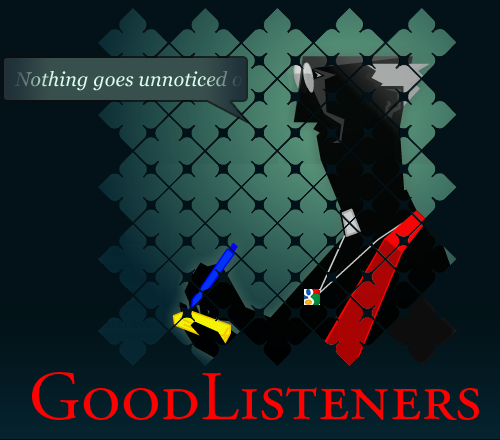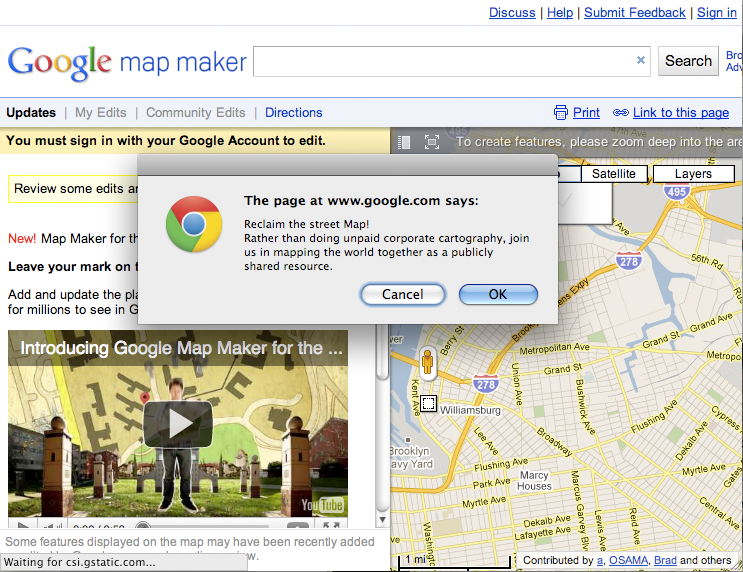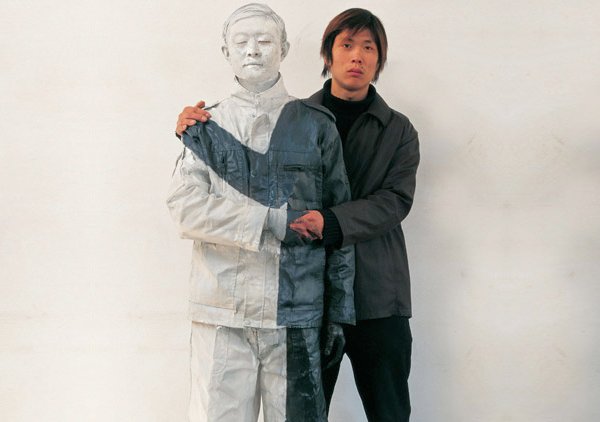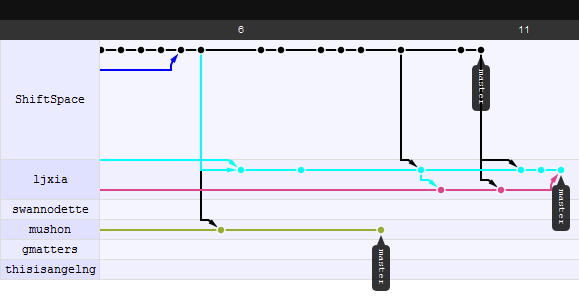Format note: Written as a grant proposal.
Forks vs. Knives – Developing the code that governs us
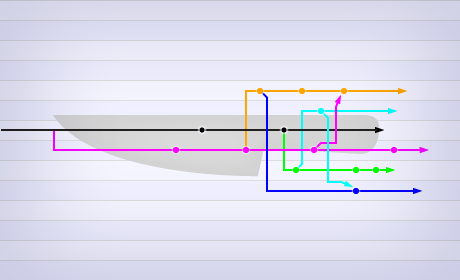
Describe your project
Reaching consensus is never easy and when it gets really tough some reach for their knives. We say, drop the knives and pick up the forks.
Imagine a site – fvsk.org – where each community can store its social pact – be it legal, economic, ethical or religious code – and share it with its members and the world. Much like the social coding sites – Github and Bitbucket – the site will let each community member create her own version, a “fork”, and then share and discuss it with others. Forking becomes an opportunity to reflect, explore and innovate.
But we will not stop at that, communities need a way to agree on a mutual social pact. FvsK will support a well-defined enactment process for accepting forks and updating a pact. Using the power of distributed version control systems (DVCS) such as Git and Mercurial we will create a system that keeps the entire history of changes to the social pact and allows each member to propose changes. We will use the key processes of DVCS – forking and merging – to encourage free flow of ideas and to formulate agreement. On top of the DVCS system we will use tested organizational workflow solutions (such as BPM) to model the current process of pact revision approval and create simple tools to improve that process.
Our long-term vision is to create a system that can serve any size of community – from the manifest of a small ad-hoc activist group to a country’s statutory law – providing a way to keep their pact dynamic and encourage members’ participation.
This project will launch in Israel, one of the most challenging political environments today, where opposing communities are torn over national, religious, economic, racial and cultural differences. The future of our region is dependent on gaining the permission to read, write, and enact the codes that govern us, and to dare innovate, engage and affect them.
During the first year of this project we will build a system to serve two Kibbutz communities to be elected from the 256 “Kibbutzim” in Israel. Being a communal village of a few hundred people, the bylaws of the Kibbutz are critical to its members. The issues of private vs. communal property are hotly debated as kibbutzim adapt to economic changes and the evolving needs and wants of their members. Continue reading “Introducing Forks vs. Knives”
